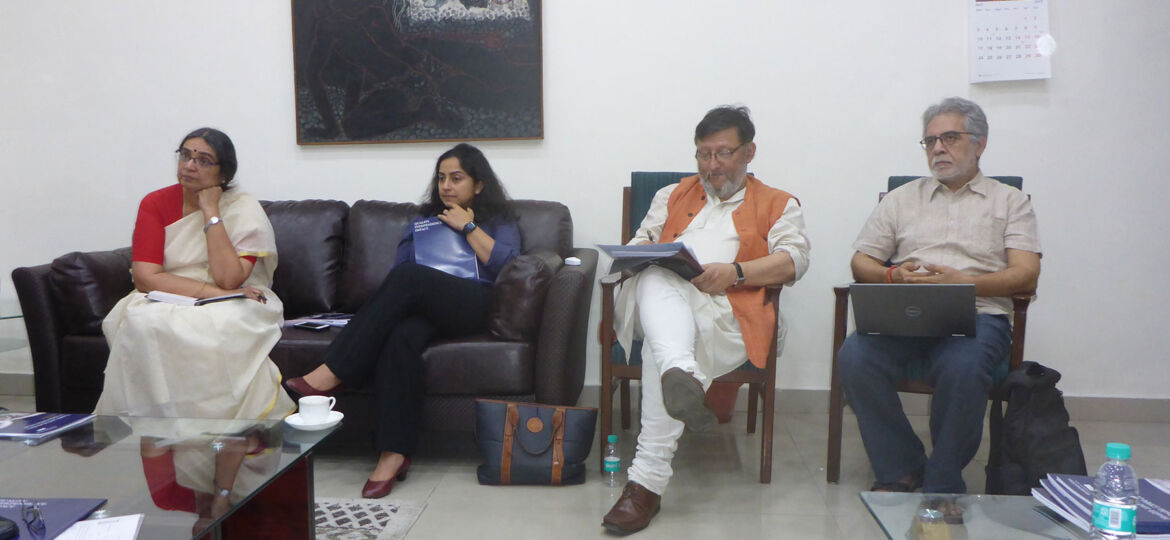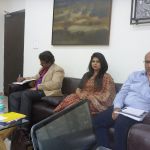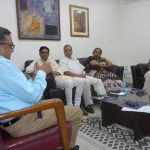
With over 1 Billion people living on the Indian subcontinent, health care delivery has become vitally important and challenging for government structures. The Government of India released a report outlining different priorities and goals for government to improve.
In India, state governments, are responsible for delivering health care. Finding best practices and methods that work effectively is the next big challenge.
The Inter-State Council Secretariat, Nehru Memorial Museum and Library, and Forum of Federations have taken the first step to outline potential solutions and best practices to Health care delivery.
On April 27, 2017, the NMML hosted a conference with partners ISCS and the Forum bringing in keen health care experts from across India.
This initial conference highlighted some of the biggest challenges that States and Health care practitioners face.
The following topics were addressed by this initial conference:
1) Recognize that health is underfunded and explore options to increase allocations
2) Determine the level at which healthcare should be sourced from the private sector through govt funded insurance schemes.
3) Use available evidence and strengthen research and analysis to determine priorities (HTA)
4) Strengthen public system- medicines, diagnostics, infrastructure, HR
5) Regulate private sector- qualified and unqualified doctors, diagnostic centers, hospitals, food, medicines but while doing so, recognize the limitations of Govt. and ‘do no harm’
6) Involve NGOs/civil society, media and academic institutions closely.
7) Increase attention to prevention-tobacco, substance abuse, lifestyles
8) Focus on screening, primary care, and good referral systems
9) Improve teaching and training at all levels- medical, AYUSH, nursing, physiotherapy, paramedical
10) Improve intersectoral linkages to improve health outcomes [close coordination among departments of education, social security, local govt, rural development, urban development, water supply and sanitation, transport, police…]
11) Encourage use of traditional systems of medicine such as Ayurveda, Yoga, Unani, Homeopathy where appropriate and promote their scientific assessment
12) Identify burden of disease and priorities (communicable diseases/ MCH/ NCDs/ underserved areas.
This initial workshop sets the stage for a conference in the fall that will bring in health care practitioners from different federal jurisdictions to offer best practices and potential solutions to these ongoing challenges.



